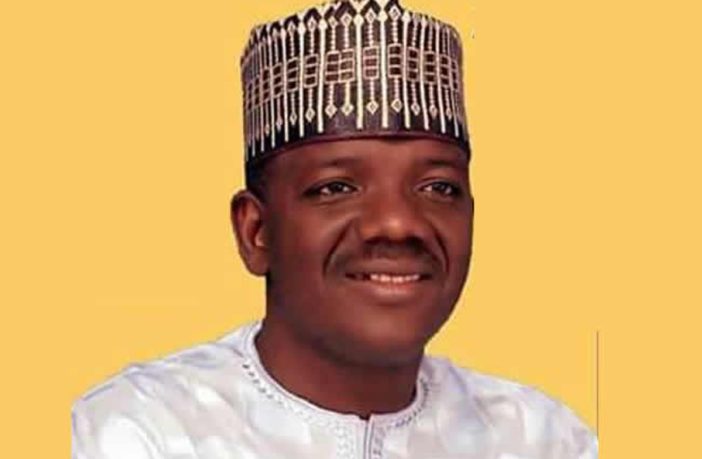The National Film and Video Censors Board (NFVCB), has trained and empowered 600 persons in Bakura area of Zamfara, its Executive Secretary, Mr Adedayo Thomas, said on Saturday in Gusau.
The News Agency of Nigeria (NAN), reports that the capacity building programme was held on March 13 and 14 at the College of Agriculture and Animal Science, Bakura.
The participants drawn from various communities in the area were trained by relevant professionals, officials of the board and seasoned entrepreneurs.
The youths, who were trained on how to grow their venture in the movie industry, are expected to be ‘Community Ambassadors’ of the NFVCB against unclassified films and harmful video contents.
The women participants were particularly trained on basic entrepreneurial skills and the know-how needed for successful businesses, afterwhich they were empowered with startup grants at the end of the training.
They were also sensitied, as mothers, on the need to advise their children and dependants against unwholesome films and video contents.
They were also advised against using the social media as an avenue to spew hate and incite groups and individuals against each other.
According to Thomas, the training was designed to complement the board’s capacity building programme for youths in the region.
“The programme is a flagship of the board’s Media Literacy and Capacity Building modules for the Bakura/Maradu Federal Constituency of Zamfara.
“This is part of the concluding stage of the series of the NFVCB’s capacity building packages for this constituency.
“This women capacity building initiative is in line with President Muhamadu Buhari’s empowerment plan for Nigeria women.
“When women are empowered, it affects their children and family positively because their role is very crucial in national economic development,” he said.
The NFVCB chief added that there was urgent need to caution young Nigerians against the moral and social implications of hate tendencies in form of unwholesome visual contents.
He noted that many crises in some parts of the country were escalated by fake news, hate speeches and videos spread on social media.
“This training is borne out of the need for NFVCB, both as an industry regulator, and a decision maker, to build the capacity of youths who mostly watch films and video contents.
“It is difficult for us to have offices in every local government and community, that is why these empowered youths are now our ambassadors.
“At every point, they must be able to condemn a bad film when they see one, and report to any of our offices or officials,” he said.




